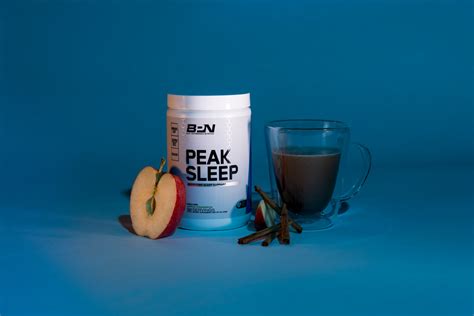How to optimize sleep for peak male recovery and daily performance?

For men striving for peak physical and mental output, understanding and optimizing sleep is not merely about rest; it’s a foundational pillar for comprehensive well-being. Overlooked by many, quality sleep is paramount for everything from hormonal balance and muscle repair to cognitive function and stress resilience. This guide will delve into actionable strategies to help men unlock their full potential through restorative sleep.
The Indispensable Role of Sleep for Men
Sleep is a vital biological process where the body repairs, rebuilds, and recharges. For men, deep sleep (NREM stage 3) is particularly crucial for muscle repair, the release of growth hormone, and testosterone production. A consistent lack of quality sleep can significantly impair these physiological functions, leading to reduced athletic performance, slower recovery times, decreased libido, and increased body fat.
Beyond the physical, sleep profoundly impacts cognitive function, mood regulation, and stress resilience. Chronic sleep deprivation can manifest as irritability, poor concentration, impaired decision-making, and an increased susceptibility to stress and anxiety, directly affecting daily productivity and overall mental well-being.

Pillars of Optimal Sleep Hygiene
Creating an environment and routine conducive to sleep is fundamental. These core principles form the bedrock of effective sleep optimization:
- Consistency is Key: Establishing a regular sleep schedule, even on weekends, helps regulate your body’s natural circadian rhythm. Going to bed and waking up at the same time each day signals to your body when to be alert and when to wind down.
- Create a Sleep Sanctuary: Your bedroom environment should be dark, quiet, and cool (ideally 60-67°F or 15-19°C). Block out all sources of light, minimize noise pollution, and invest in a comfortable mattress and pillows that support your body.
- Implement a Pre-Sleep Routine: Develop a relaxing routine before bed that signals to your body it’s time to wind down. This could include reading a book (not on a screen), taking a warm bath, meditating, or gentle stretching. Crucially, avoid screens (phones, tablets, computers, TV) for at least an hour before sleep, as blue light can disrupt melatonin production.

Lifestyle Factors that Impact Sleep Quality
Your daily habits play a significant role in how well you sleep at night:
- Nutrition and Hydration: A balanced diet rich in whole, unprocessed foods supports overall health, including sleep. Avoid heavy, fatty meals close to bedtime, which can cause indigestion. Limit caffeine intake, especially in the afternoon, and reduce alcohol consumption, which can disrupt sleep architecture even if it initially makes you feel drowsy.
- Regular Exercise: Physical activity can significantly improve sleep quality. However, timing is important; intense workouts too close to bedtime can be stimulating. Aim to finish vigorous exercise at least 3-4 hours before sleep. Morning or early afternoon workouts are often ideal.
- Stress Management: Chronic stress elevates cortisol levels, making it difficult to fall and stay asleep. Incorporate stress-reduction techniques into your daily routine, such as mindfulness meditation, yoga, deep breathing exercises, spending time in nature, or engaging in hobbies that help you unwind.

Advanced Strategies for Enhanced Recovery and Performance
Once you’ve mastered the basics, consider these advanced tactics to further optimize your sleep:
- Consider Strategic Supplementation: While not a substitute for good sleep hygiene, certain supplements can aid sleep for some individuals. Magnesium can help relax muscles and calm the nervous system. Melatonin, when used judiciously and short-term, can help reset circadian rhythms. Always consult a healthcare professional before starting any new supplement regimen.
- Leverage Sleep Tracking: Wearable devices and apps can provide valuable insights into your sleep patterns, including sleep stages (light, deep, REM), duration, and disturbances. Use this data to identify trends and make informed adjustments to your habits, focusing on increasing your deep and REM sleep percentages.
- Optimize Naps: Short, strategic power naps (10-20 minutes) can boost alertness and performance without causing grogginess or interfering with nighttime sleep. Avoid longer naps, especially late in the day, as they can disrupt your nighttime sleep schedule.

Optimizing sleep is a powerful, yet often undervalued, tool for men seeking to maximize their physical recovery, hormonal health, and cognitive performance. By committing to consistent sleep hygiene, managing crucial lifestyle factors, and exploring advanced strategies, you can unlock a deeper level of restorative sleep. Prioritize your sleep, and you’ll undoubtedly observe significant improvements in your daily performance, mood, energy levels, and overall well-being.










